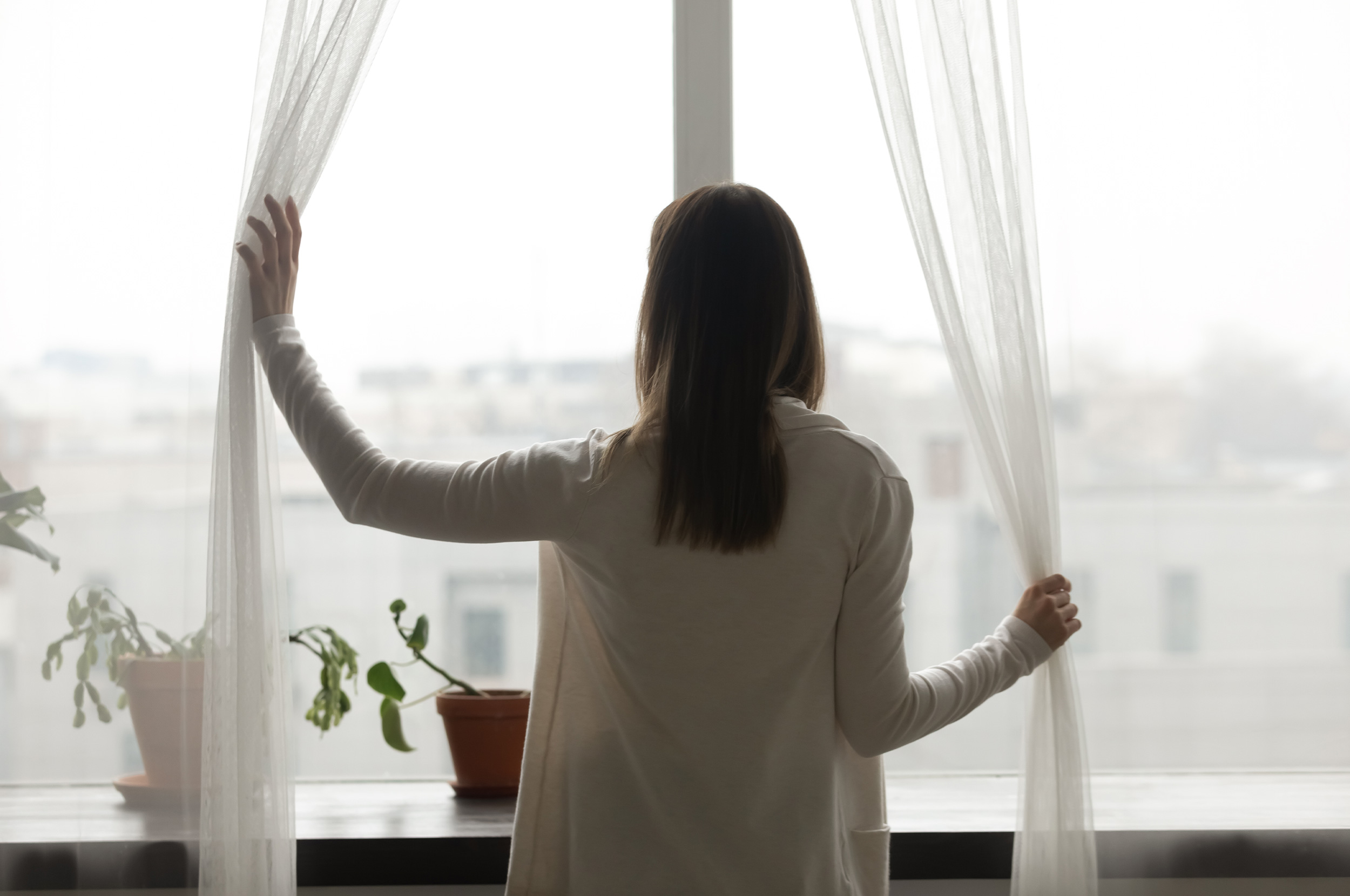The winter season exponentially increases consultations with people who feel depressed, lacking in energy or teary-eyed. In the literature, it is noted that seasonal affective disorder affects about 10% of people1. Following a consultation with their doctors, my clients usually arrive in therapy with a prescription for an antidepressant and a prescription for psychological treatment; two treatments that appear to provide partial recovery2. The limitation of these interventions has led us to question ourselves more about the reasons for seasonal affective disorder.
After 10 years in the clinic, I now consider the treatment of seasonal affective disorder with a holistic approach. Winter causes humans to cease many behaviors that are crucial for our physical and psychological survival. From an evolutionary standpoint, we weren’t used to keeping the same pace during the winter. Our ancestors were crippled by the cold and storms. Therefore, forced into some form of slowing down, which allowed the body to rest, spending time in close proximity with family members and in a way, conserved their energies for the cold season.
I therefore allow myself to normalize the mild seasonal affective disorder: the majority of people who live in the Nordic countries feel the effects; on energy, among other things. The mood may be gloomier and getting up in the morning may be very painful due to there being more darkness.
Understanding the cycles and how our body works makes it easier for us to control the side effects. People who suffer from severe seasonal affective disorder suffer from what I call an imbalanced state: they are deficient. Deficient in light and fresh air, vitamins and minerals, harmonious interpersonal relationships, and rewarding activities. These deficiencies unsurprisingly lead to a depressed mood, a lethargic state which is accompanied by a decrease in libido and overall energy, as well as a loss of interest in activities.
I categorize the elements that are likely to affect mood or that contribute to the maintenance of depressed mood during the cold season as follows:
Biological factors (disturbances of the hormonal and endocrine system):
- Reduced absorption of vitamin D due to lack of light3
- Insomnia or hypersomnia = problem with the regulation of melatonin
- Energy loss = adaptation of the body to climate change = reduction of the energy available to carry out our activities
- Fatigue, decreased vitality and libido = less access to seasonal vitamin foods, potential vitamin and mineral deficiency, drop in testosterone.
Psychological factors:
- Negative perceptions of depression or lack of energy
- Perception that depression is an illness rather than a symptom
- Perception of lack of control over one’s own return to balance
Social and behavioral factors:
- Isolation and social withdrawal
- Inertia
- Reduction in physical activity = decrease in serotonin (5-HT) and endorphin, two hormones essential for our mental and physical balance4
It’s important to note that in most cases, just making changes to your lifestyle will have a positive impact on your mood. Here are ELEVEN tips that will help you reduce the effects of seasonal depression (apply every day):
- ACCEPT that the body is slightly depressed during the winter. It is a form of defense that prompts us to rest when the weather is harsh. We are more tired from the lack of light and the body requires a higher expenditure of energy to remain in balance in the face of the cold weather.
- MODIFY your activities as a consequence of this decrease in energy, reduce your schedule.
- ASK for a routine checkup, blood and hormonal tests from your general practitioner;
- EAT healthy and prioritize foods that increase 5-HT secretion (such as good quality animal protein in the morning);
- AVOID substances that are central nervous system depressants (such as alcohol and marijuana);
- ENGAGE in physical activity every day, this increases the secretion of endorphin and serotonin, and promotes well-being (start with 15 minutes of walking if you do not do any sports);
- EXPOSE yourself to daylight, even in winter! (this exposure is essential to avoid vitamin D deficiency);
- Make sure you invest more in your sleep, especially in the winter;
- PLAN winter activities with your loved ones and children. Having previously established rewarding goals increases pleasure and motivation.
- AVOID inertia and reduce your time spent in front of screens. Especially in the evening before bedtime (we will cover this topic in another article)
- BE patient and change your perception of the situation: accept that the symptoms that make you suffer are temporary and usually subside with the onset of good weather.
________________________________________________________________
1https://www.nimh.nih.gov/health/topics/seasonal-affective-disorder/index.shtml
2 www.ncbi.nlm.nih.gov/pubmed/26560172






